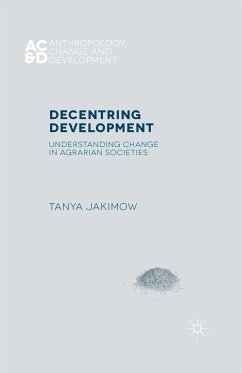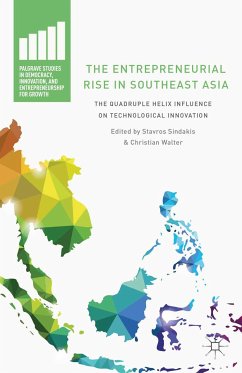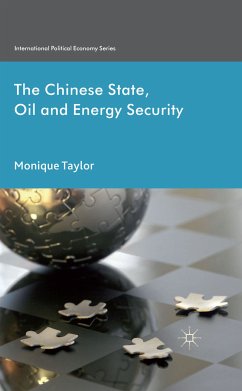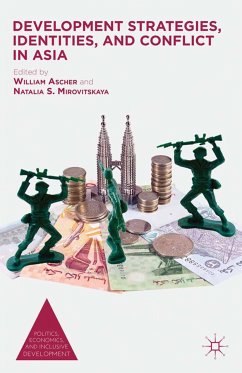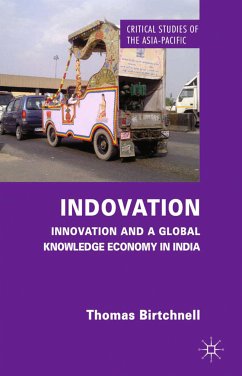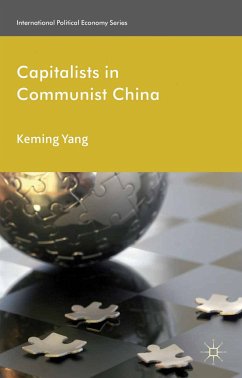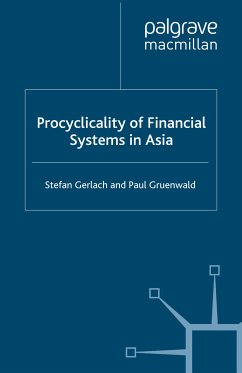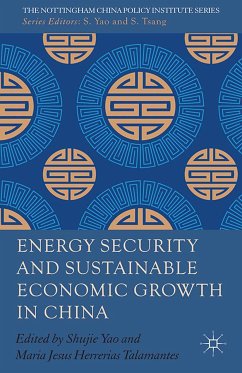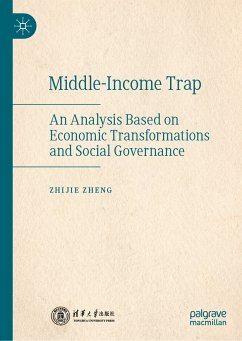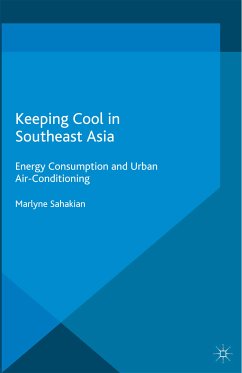
Keeping Cool in Southeast Asia (eBook, PDF)
Energy Consumption and Urban Air-Conditioning
Versandkostenfrei!
Sofort per Download lieferbar
72,95 €
inkl. MwSt.
Weitere Ausgaben:

PAYBACK Punkte
36 °P sammeln!
Against the backdrop of the environmental impact of household electricity consumption and the history of cooling practices, Marlyne Sahakian considers how people keep cool, from Metro Manila to other mega-cities in Southeast Asia.
Dieser Download kann aus rechtlichen Gründen nur mit Rechnungsadresse in A, B, BG, CY, CZ, D, DK, EW, E, FIN, F, GR, HR, H, IRL, I, LT, L, LR, M, NL, PL, P, R, S, SLO, SK ausgeliefert werden.



